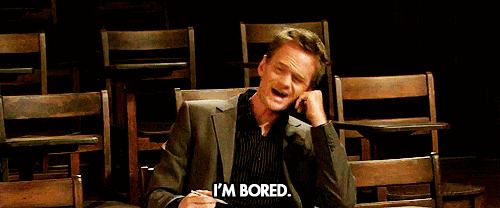 The Teleportation Accident by Ned Beauman
The Teleportation Accident by Ned BeaumanSceptre - July 19, 2012
357 pages
HISTORY HAPPENED WHILE YOU WERE HUNGOVER
When you haven't had sex in a long time, it feels like the worst thing that is happening to anyone anywhere. When you're living in Germany in the 1930s, it probably isn't. But that's no consolation to Egon Loesser, whose carnal misfortunes will push him from the experimental theatres of Berlin to the absinthe bars of Paris to the physics laboratories of Los Angeles, trying all the while to solve two mysteries: whether it was really a deal with Satan that claimed the life of his hero, the great Renaissance stage designer Adriano Lavicini; and why a handsome, clever, charming, modest guy like himself can't, just once in a while, get himself laid. From the author of the acclaimed Boxer, Beetle comes a historical novel that doesn't know what year it is, a noir novel that turns all the lights on, a romance novel that arrives drunk to dinner, a science fiction novel that can't remember what "isotope" means, a stunningly inventive, exceptionally funny, dangerously unsteady and (largely) coherent novel about sex, violence, space, time, and how the best way to deal with history is to ignore it.
LET'S HOPE THE PARTY WAS WORTH IT
You know those summaries of books where you really wonder if whoever was tasked with doing that truly read the book or if they just skimmed it and decided to come up with a wild hook to get people into the novel? Well, I think that's what happened here. Maybe thirty pages are devoted to the Lavicini mystery, and it isn't even about a deal with Satan, It's about whether the "Teleportation Accident" of 1679 was actually an accident.
So, the book. Not one of my favorites. I think it might have been my fault, because I was thinking to myself one day that I had read so many good books, and I would just love to rant and rant about how horrible a book is. Unfortunately, I haven't gotten something that horrendous. In fact, I've gotten stuff I've forced myself to finish, felt bad about finishing, but didn't want to go crazy ranting about it like I had Mockingbird.
I simply didn't care about any of the characters, which was good considering how many of them popped up and then disappeared. In addition, the last few chapters skip about ten years, and you're expected to understand everything that happened in those ten years. The plot isn't a clear, defined one, much like The Dead Zone; instead it aimlessly wanders around, pausing at times to poke at something that might become sort of a story before the author gets bored with it and throws it away. He even grew bored with the era of the 1930's/40's, so near the end he just skipped a decade per chapter and expected you to know what was going on.
I don't know why I forced myself to finish this. Maybe I thought that it would get better? Whatever the answer is, it didn't get better. There's no plot, just some meandering stories that happen to feature an unlikable protagonist and his interactions with unlikable people. I would give it an F, but then I remind myself of Mockingbird.
Grade: D-









